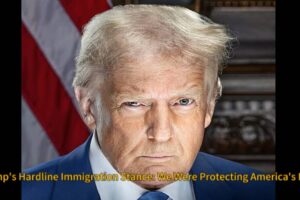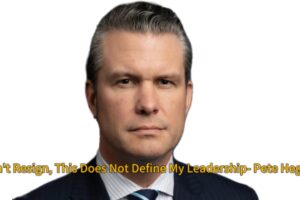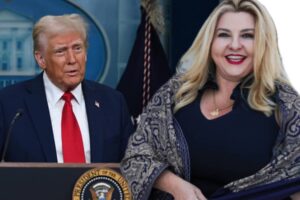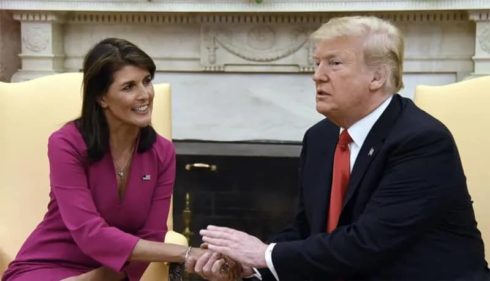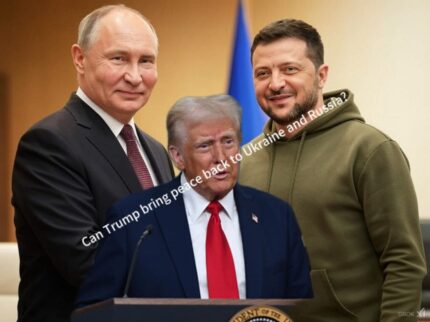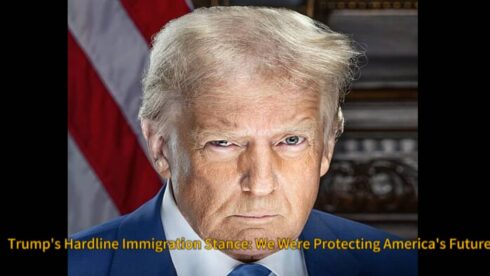In a decisive move, U.S. President-elect Donald Trump announced that neither Nikki Haley nor Mike Pompeo would be offered prominent positions in his administration. Trump, who secured a resounding victory over Vice President Kamala Harris, expressed gratitude for their previous service but clarified his stance via a social media post. “I very much enjoyed and appreciated working with them previously and would like to thank them for their service to our country,” he said.
This decision has sparked discussions, with some of Donald Trump’s close allies labeling Haley and Pompeo as “deep state moles.” These allies argue that the former officials could undermine Trump’s “America First” agenda, urging caution against appointing those perceived as potentially working against his vision.
Haley’s Contentious Relationship with Donald Trump
Nikki Haley emerged as one of Donald Trump’s strongest challengers during the Republican primaries, competing in a crowded field. Despite her sharp criticism, even calling her former boss “unhinged” during her campaign, Haley eventually endorsed Trump after he won the nomination. However, he refrained from asking for her support on the campaign trail during the crucial final weeks of the election, underscoring their strained relationship.
Though Haley previously served as the U.S. Ambassador to the United Nations under Trump from 2017 to 2021, her outspoken nature and criticism made her an unlikely candidate for a position in his administration. Her exclusion from Trump’s shortlist has not come as a shock to political insiders who anticipated this outcome.
Pompeo’s Surprising Omission Amid Strong Support
The exclusion of former CIA Director Mike Pompeo, on the other hand, has raised more eyebrows. Pompeo, who also served as Trump’s Secretary of State, had been widely speculated as a potential Secretary of Defense in the new administration. During his previous tenure, Pompeo was instrumental in orchestrating Trump’s Middle East policies and frequently defended the administration in the media, gaining significant support from Trump loyalists.
Despite his qualifications, prominent voices in Donald Trump’s circle, including veteran strategist Roger Stone, expressed concerns about Pompeo. Stone warned against “neocons” who might compromise Donald Trump’s administration, specifically naming Pompeo and Haley as risks. These accusations reflect a divide within Trump’s supporters about the loyalty and alignment of key political figures with his agenda.
Donald Trump’s Inaugural Preparations and Meeting with Biden
As Donald Trump prepares for his January 20 inauguration, the White House confirmed a forthcoming meeting between the President-elect and outgoing President Joe Biden. This encounter is expected to be a rare show of unity following one of the most polarizing election campaigns in recent history. It marks a return to tradition after Trump chose not to meet Biden when he lost in 2020.
The meeting will be symbolic, as it mirrors the 2016 encounter between Donald Trump and then-President Barack Obama, following Trump’s first election victory. This anticipated moment will bring together two political adversaries and allow the nation to witness a transition of power despite the intense rivalry.
Republican Momentum in Congress Amid Trump Victory
Trump’s victory in the election extends beyond the presidential office, with the Republican Party gaining a majority in the Senate and closing in on control of the House of Representatives. Securing at least 52 Senate seats, Republicans have already gained an advantage, while the party inches closer to the required 218 seats in the House, with 215 already confirmed.
This political shift positions the GOP to further Trump’s policies in both chambers of Congress, enabling him to pursue his “America First” agenda. Kamala Harris, as vice president, will formally certify Trump’s electoral victory in Congress on January 6, a ceremonial event that has gained new significance after the Capitol riots four years ago. This time, however, the atmosphere may be one of closure and renewed focus on governance for the GOP.



